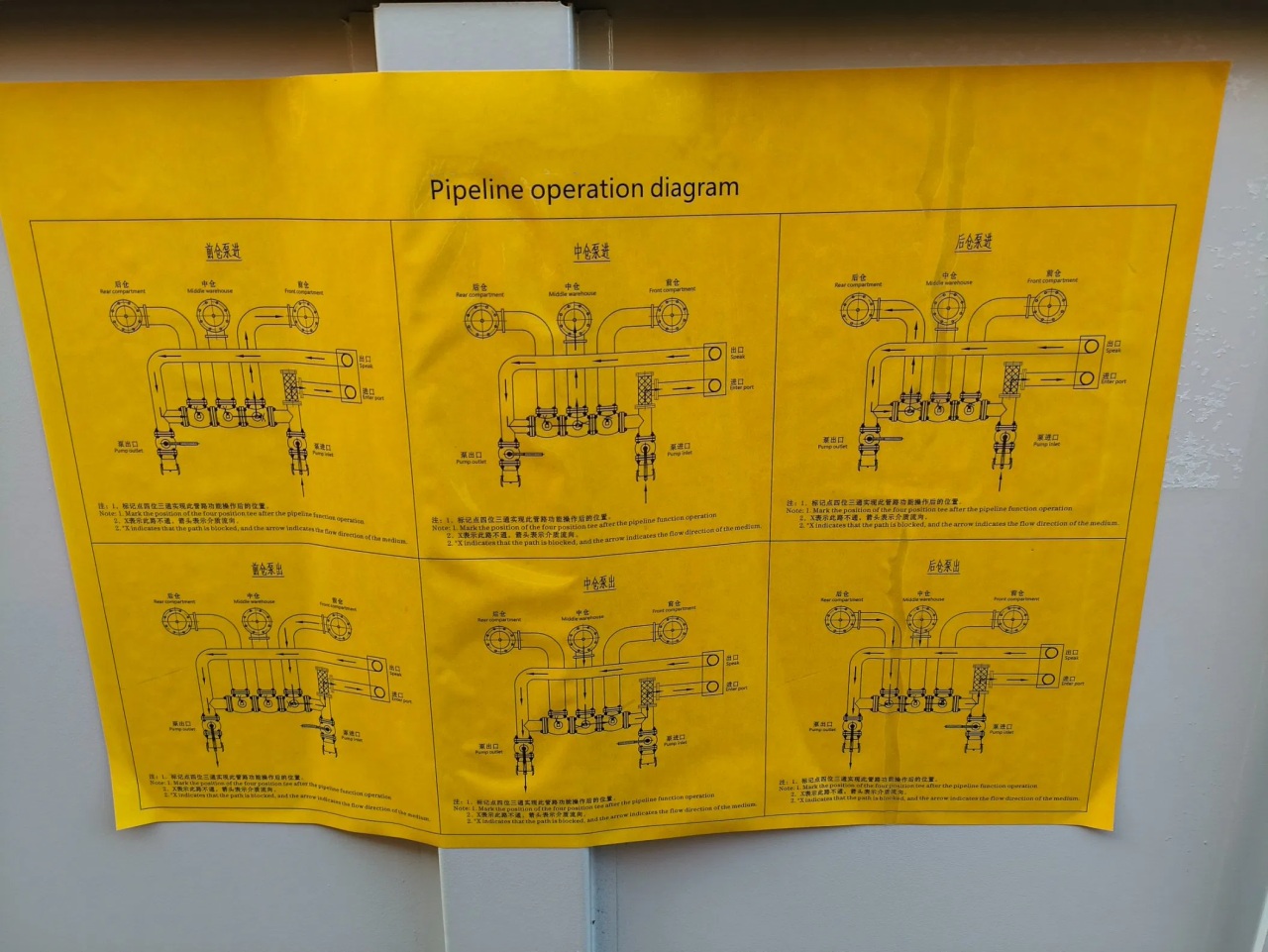Fuel bowsers are essential components of fuel transportation and dispensing systems. They are widely used in industries such as construction, mining, agriculture, aviation, and logistics, where on-site fueling solutions are required to keep operations running smoothly. One question often raised about these vehicles is: Do fuel bowsers have filters? The short answer is yes, but to fully understand the importance and complexity of filtration in fuel bowsers, it is necessary to explore how these systems work, the types of filters used, their functions, and the consequences of neglecting filtration.
What Is a Fuel Bowser?
A fuel bowser, also known as a fuel tanker or mobile fuel station, is a specially designed vehicle or trailer used to store and transport fuel, typically diesel or petrol, to equipment and machinery at off-grid or remote locations. These units vary greatly in size, from small towable tanks to large truck-mounted tanks, and are fitted with fuel dispensing systems, hoses, pumps, and meters.
Modern fuel bowsers are designed not only for transportation but also for safe, efficient, and clean fuel delivery. Part of this clean delivery process is ensured through filtration systems.
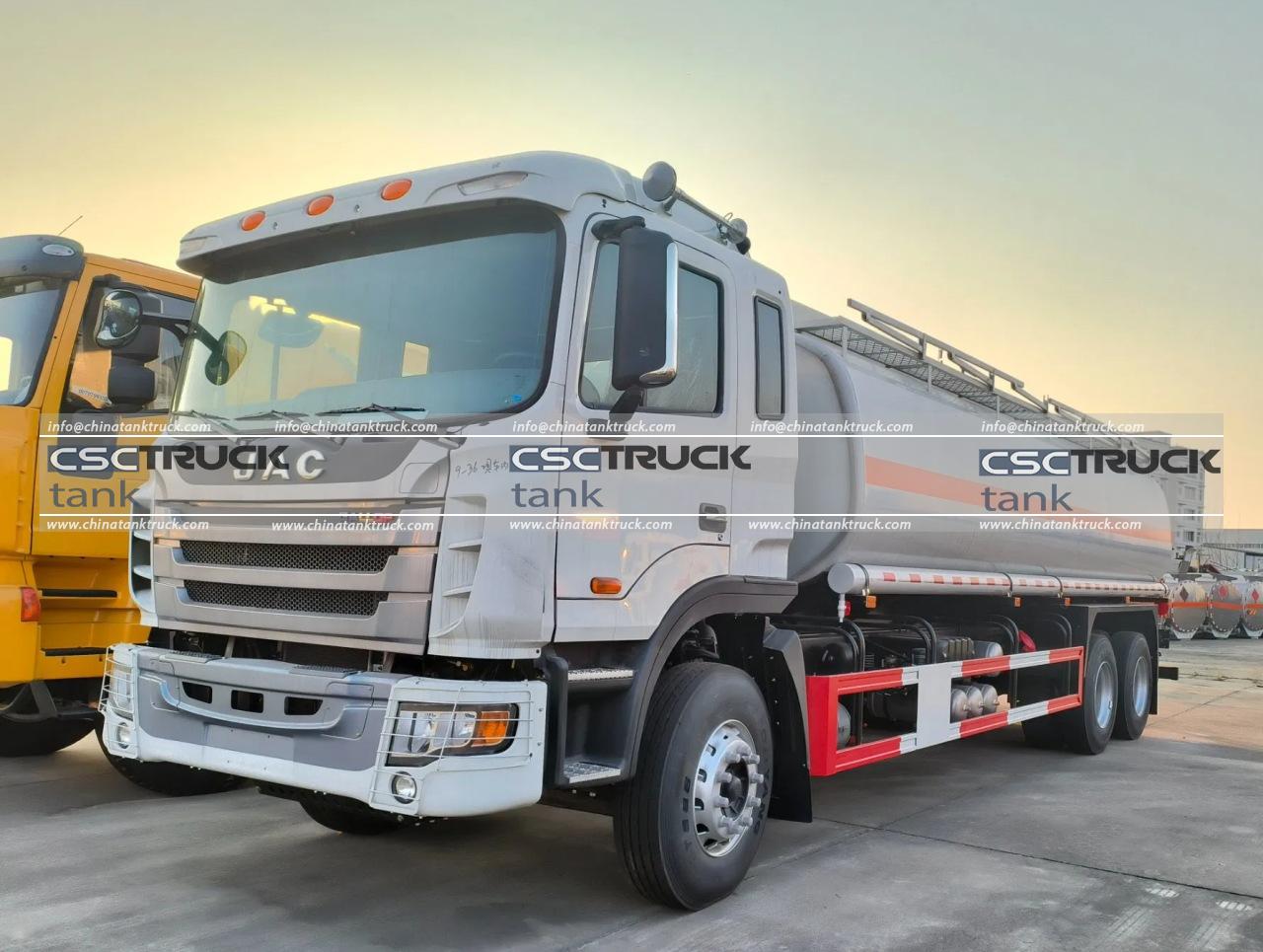
Purpose of Filtration in Fuel Bowsers
Filtration plays a critical role in maintaining fuel purity. Contaminated fuel can cause severe damage to engines and fuel systems. Common fuel contaminants include:
- Water (from condensation or leaks)
- Particulate matter (dust, rust, sand, dirt)
- Microbial growth (especially in diesel)
- Degraded fuel by-products
These contaminants can cause fuel system blockages, wear down engine components, reduce combustion efficiency, and lead to costly downtime or repairs. Filters help prevent these problems by removing impurities from the fuel before it reaches the engine or fuel tank of the equipment being serviced.
Types of Filters Used in Fuel Bowsers
Fuel bowsers typically employ a combination of filters at different points in the system to ensure fuel cleanliness. The types of filters can vary depending on the browser’s design and intended use, but commonly include:
1. Inlet (Suction) Filters
These are the first line of defense and are usually located between the tank and the fuel pump. They prevent large debris from entering the pump, which could cause damage or clogging.
- Function: Protect the pump and pre-filter from large contaminants.
- Common Types: Mesh screens, coarse filters.
2. Water Separator Filters
Water is one of the most harmful contaminants in fuel. Water separator filters are designed to remove both free and emulsified water from the fuel.
- Function: Remove water to prevent microbial growth and corrosion.
- Common Types: Coalescing filters, water-absorbing filter elements.
3. Particulate Filters
Particulate filters remove fine solids from the fuel. These are usually positioned after the pump and before the dispensing nozzle, ensuring that only clean fuel reaches the equipment.
- Function: Trap dust, rust, and other small particles.
- Micron Ratings: Ranges from 2 to 30 microns, depending on the level of filtration required.
4. Final Delivery Filters
Some high-performance or aviation fuel bowsers include a final filtration stage at the nozzle or just before it. These provide an added assurance of fuel purity, especially critical in aviation and precision equipment applications.
- Function: Deliver the cleanest possible fuel to the end user.
- Used In: High-spec applications such as airports, military operations, or racing.
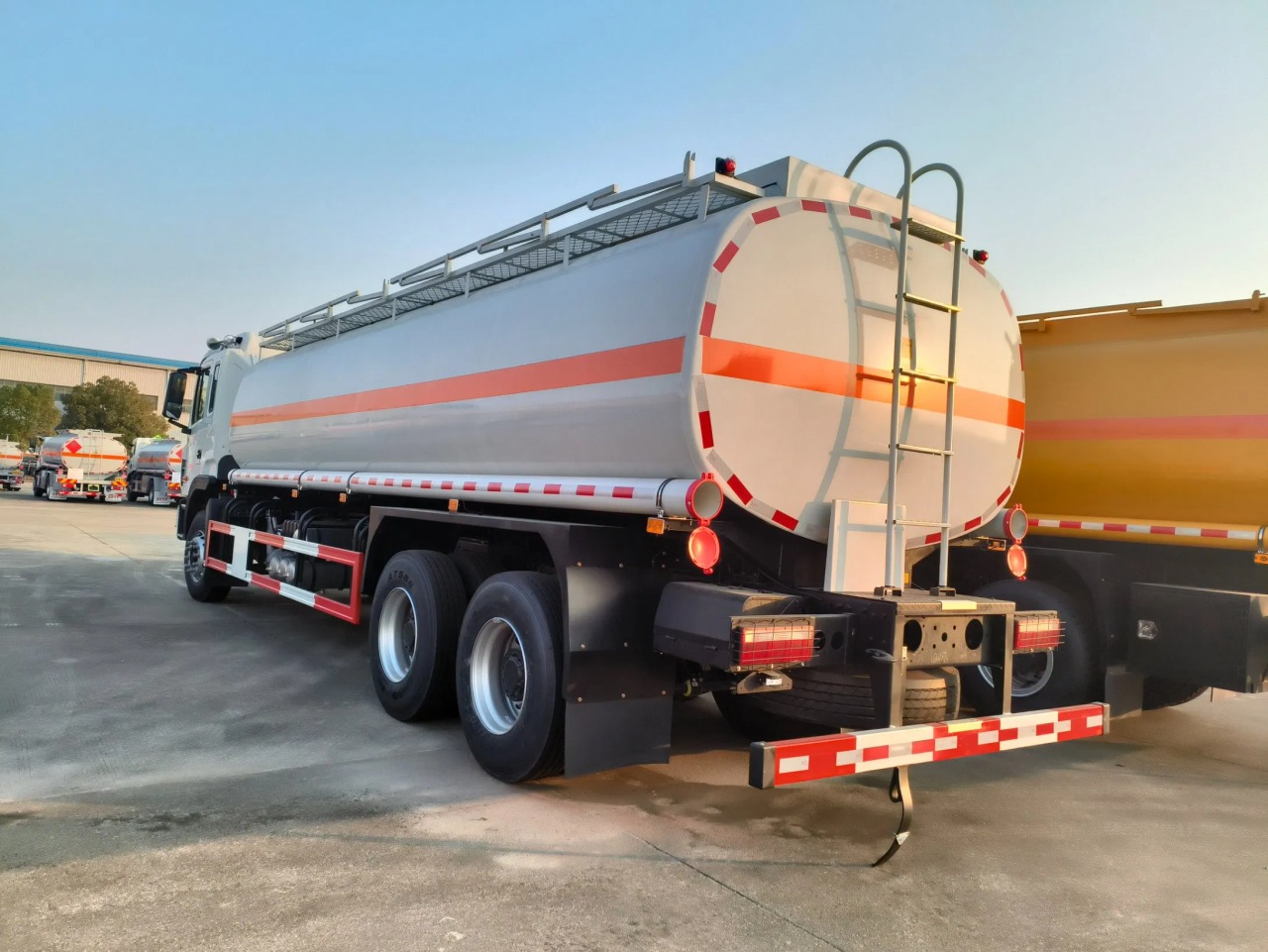
Importance of Filter Maintenance
Even the most advanced filter is only effective if properly maintained. Over time, filters can become clogged with the very contaminants they are designed to capture. This can lead to reduced fuel flow, overworked pumps, or even complete system failure.
Routine filter inspection and replacement are therefore essential to:
- Ensure optimal fuel flow.
- Maintain clean fuel delivery.
- Protect the fuel pump and engine.
- Comply with industry regulations or standards.
Most manufacturers recommend periodic filter replacement based on usage hours or volume of fuel dispensed. Some bowser also have filter condition indicators to alert operators when a change is due.
Do All Fuel Bowsers Come with Filters?
While most modern and professionally manufactured fuel bowsers come with built-in filtration systems, not all bowsers are created equal. Some low-cost or custom-built units may lack comprehensive filtering or may be fitted with basic mesh screens only. This can pose risks, especially when fueling sensitive machinery or operating in dusty environments.
When selecting a fuel bowser, it is important to check:
- Does it have multi-stage filtration?
- What is the micron rating of its filters?
- Is there a water separator included?
- Are filters easy to access and replace?
Operators who retrofit or modify bowsers should also ensure that adequate filtration is included as part of the upgrade.
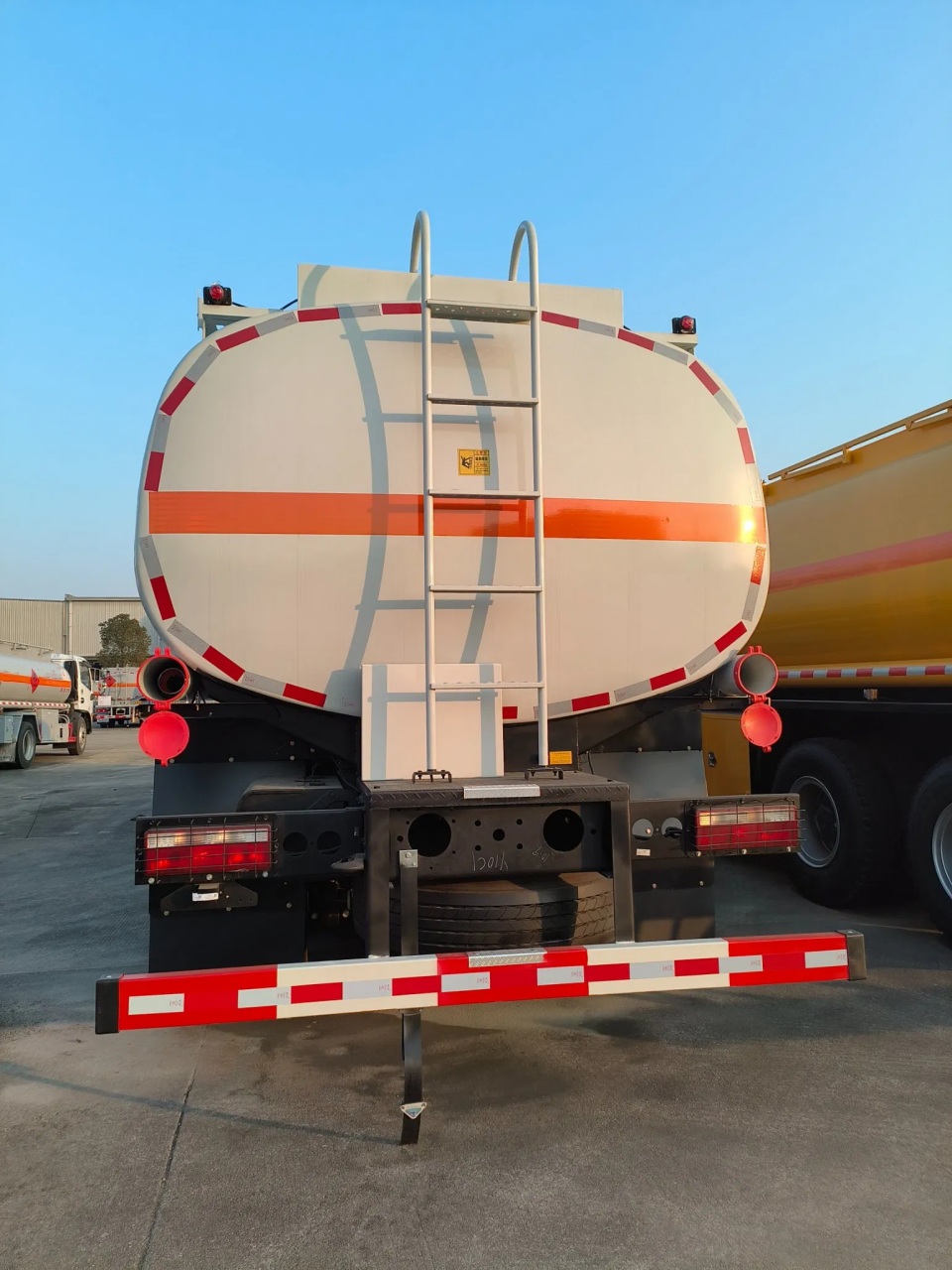
Industry Standards and Regulations
In many industries, fuel cleanliness is not just best practice—it is mandatory. For example, the ISO 4406 fuel cleanliness code provides a standardized way of measuring particulate contamination in fuel. Meeting such standards often requires effective filtration systems.
Additionally, aviation and military fuel delivery operations have their stringent regulations for filtration, including the use of microglass filters, monitor filters, and differential pressure gauges to monitor filter health.
Technological Advancements in Filtration
With the rise of ultra-low sulfur diesel (ULSD) and the increased use of biofuels, fuel has become more susceptible to contamination and degradation. In response, manufacturers have developed more sophisticated filtration technologies, including:
- Spin-on filter cartridges for quick replacement.
- Multi-stage filter assemblies that combine water separation and particulate filtration.
- Smart filtration systems with built-in sensors for condition monitoring.
Some systems even feature automatic filter backflushing or self-cleaning mechanisms, particularly in large, stationary bowsers.
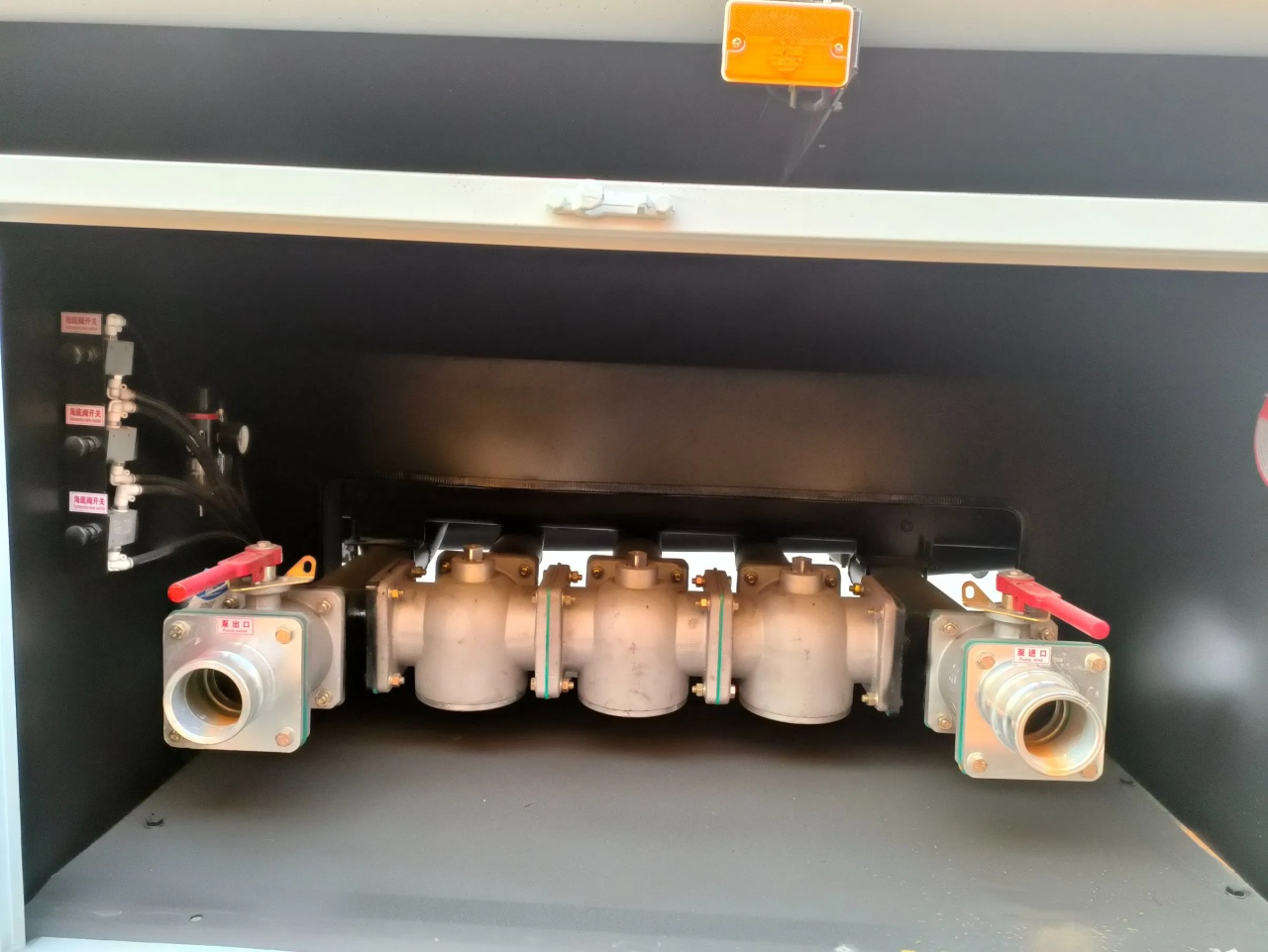
Conclusion
To answer the original question—Do fuel bowsers have filters?—The answer is a definitive yes. Filtration is not an optional feature but a vital part of ensuring clean, safe, and efficient fuel delivery. Whether used in mining sites, farms, airports, or logistics hubs, fuel bowsers rely on a combination of inlet, water separator, particulate, and final filters to protect equipment and maintain performance.
Anyone using or managing fuel bowsers should understand the types of filters installed, maintain them regularly, and ensure they are appropriate for the fuel type and operational conditions. In a world where machinery downtime can be costly and fuel quality is increasingly under scrutiny, filtration is an investment that pays off every time fuel is dispensed.
